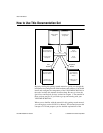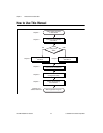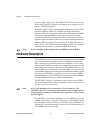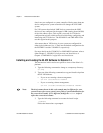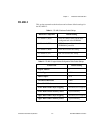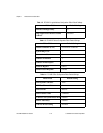
Chapter 1 Introduction and Quick Start
VXI/VME-PCI8022 for Solaris 1-6
©
National Instruments Corporation
Optional Software
Your VXI/VME-PCI8022 kit includes the NI-VXI bus interface
software. In addition, you can use the National Instruments LabVIEW
and LabWindows
®
/CVI application programs and instrument drivers to
ease your programming task. These standardized programs match the
modular virtual instrument capability of VXI and can reduce your VXI/
VMEbus software development time. These programs are fully
VXIplug&play compliant and feature extensive libraries of VXI
instrument drivers written to take full advantage of direct VXI control.
LabVIEW is a complete programming environment that departs from
the sequential nature of traditional programming languages and features
a graphical programming environment.
LabWindows/CVI is an interactive C development environment for
building test and measurement and instrument control systems. It
includes interactive code-generation tools and a graphical editor for
building custom user interfaces.
LabVIEW and LabWindows/CVI include all the tools needed for
instrument control, data acquisition, analysis, and presentation. When
you order the LabVIEW VXI Development System for Sun or the
LabWindows/CVI VXI Development System for Sun, you also get
more than 500 complete instrument drivers, which are modular,
source-code programs that handle the communication with your
instrument to speed your application development.
Quick Start
You can use this Quick Start section as a guide to quickly configure
and operate your VXI or VME system using the PCI-MXI-2 and the
VXI-MXI-2 or VME-MXI-2.
The Quick Start summary assumes that you intend to perform a basic
configuration as follows:
• You have one PCI-MXI-2 interface module, which you will install
in your PCI-based computer as the Resource Manager (logical
address 0).
• You have either one C-size VXI-MXI-2 or one 6U, B-size
VME-MXI-2, which you will install in a VXI or VME chassis,
respectively, and connect to the PCI-MXI-2.




